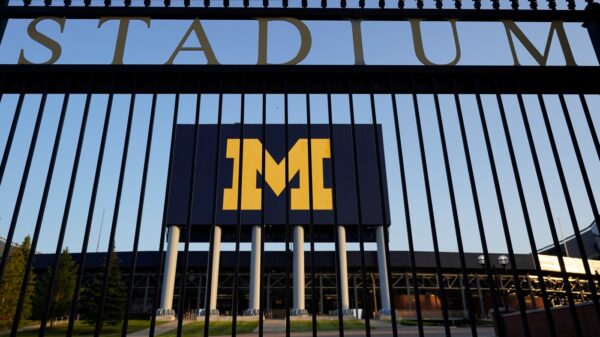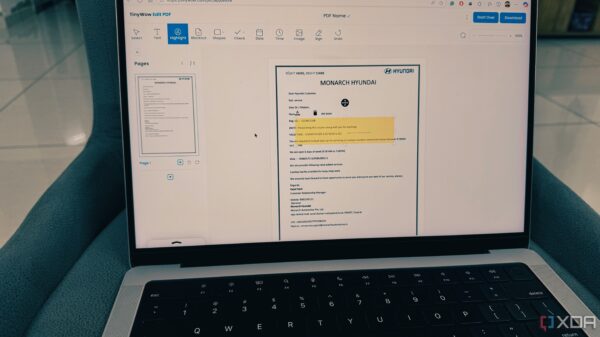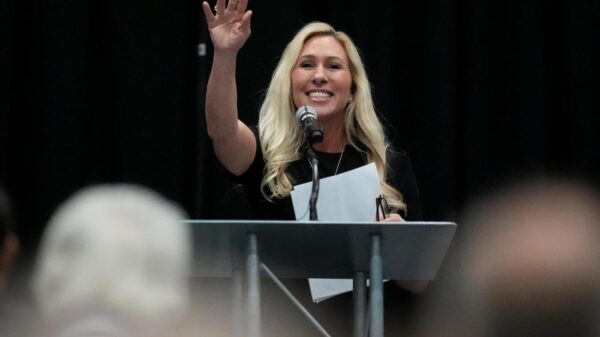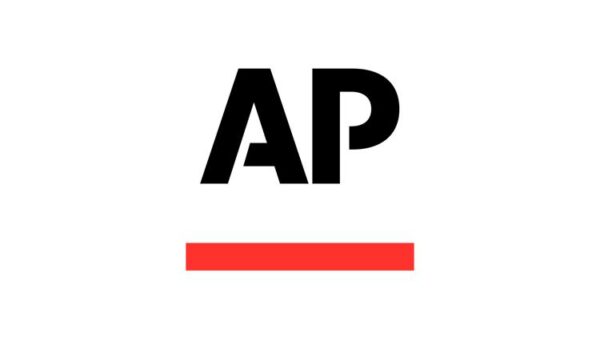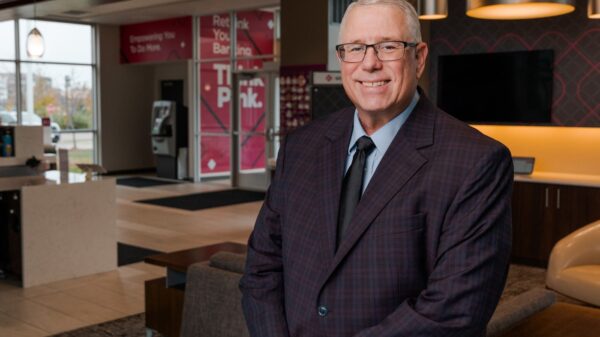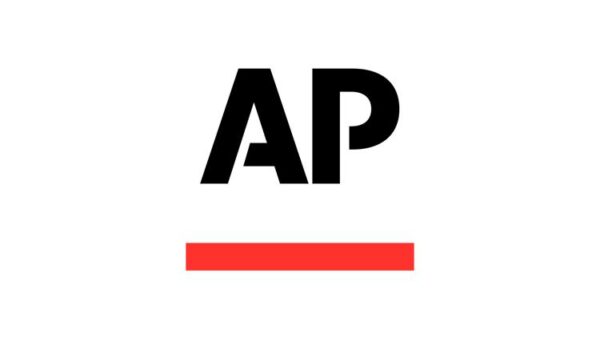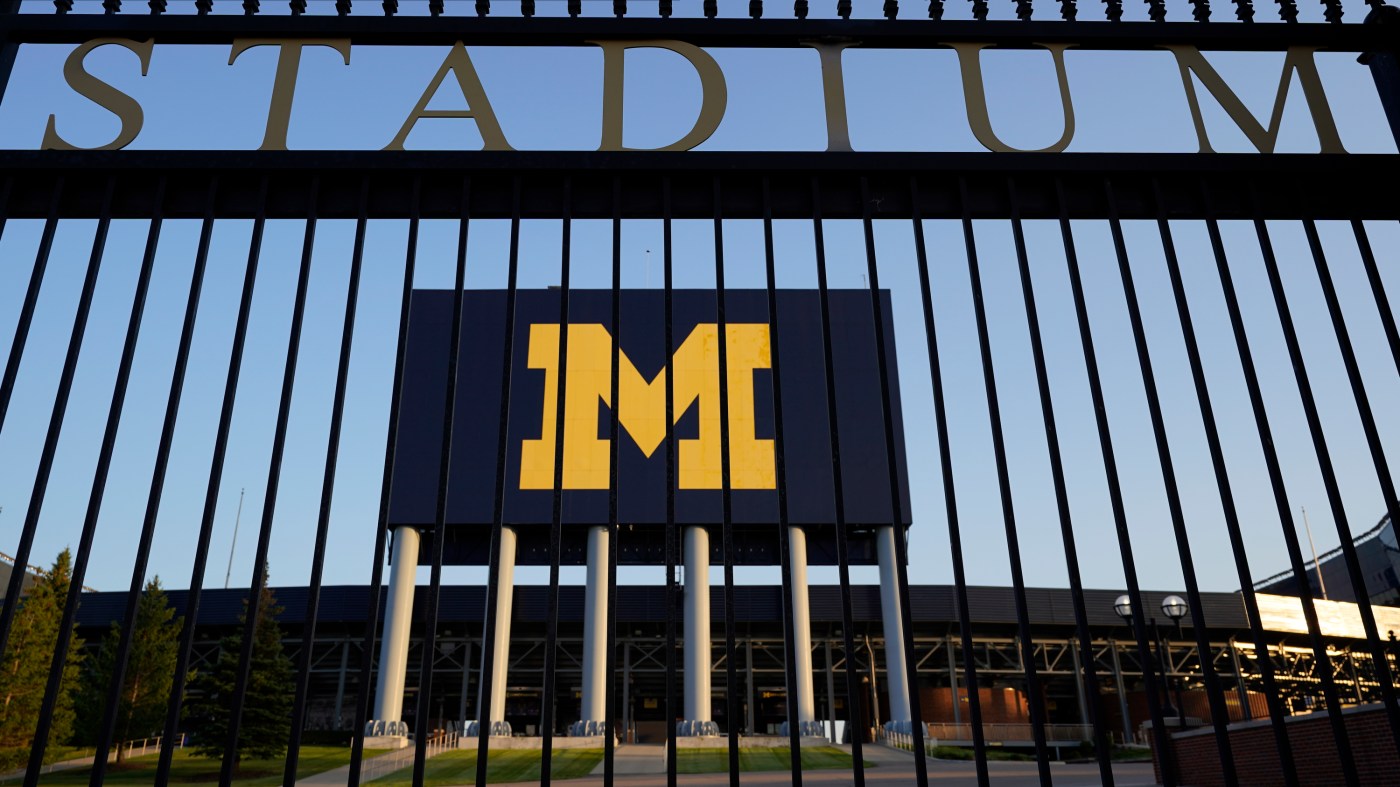URGENT UPDATE: New insights into the college admissions process at elite universities reveal a stark departure from the long-held myth that admissions committees are comprised solely of alumni. As students and families prepare for application season, these findings highlight a more professional and diverse evaluation system that could ease anxieties surrounding college acceptance.
Just announced by college admissions expert Gerald Bradshaw, the reality is that admissions teams at prestigious institutions like Harvard, Stanford, and Yale are staffed with trained professionals from various academic backgrounds rather than a closed network of insiders. At Harvard, for example, approximately 40 members serve on its Admissions Committee, and applications are first evaluated regionally by officers specializing in specific areas. This method ensures a fair and thorough review process, countering the myth of an exclusive alumni cabal.
Applications at Stanford are read at least once, sometimes twice, before a decision committee evaluates each candidate’s academic strength and personal fit. This process emphasizes that admissions decisions are not made by a single individual but rather a collective of experts. Similarly, Yale employs a five-person committee that includes admissions officers, a faculty member, and a dean, further ensuring transparency in their decision-making process.
Public universities are following suit. The University of Michigan and the University of Illinois Urbana-Champaign both emphasize comprehensive reviews without any indication that only graduates from their institutions are involved in admissions. The University of Virginia also insists that every decision is based on human judgment and not dictated by algorithms, reinforcing the personal touch in admissions.
The persistence of the myth surrounding elite admissions may stem from the visibility of alumni interview programs, where successful graduates represent the institution. Many families mistakenly believe these interviewers have significant power, when in fact, their recommendations are advisory. The culture of elite schools, which often boasts strong alumni identities, contributes to the misconception that admissions are a closed loop.
For prospective students, this revelation is a relief; their applications are scrutinized by professionals who prioritize intellectual curiosity, character, and coherence over pedigree. Admissions officers aim to find promise in every application, focusing on the applicant’s narrative. “A strong academic record helps, but coherence matters more,” Bradshaw notes, stressing that a compelling story can resonate more than a prestigious background.
As college application deadlines approach, it is crucial for students to understand that the admissions landscape is not as intimidating as once thought. The process is intricate and requires balancing various factors, including diversity and intended majors, but it is designed to be far more transparent than folklore suggests.
In a time when the college admissions process is under increased scrutiny, the truth about how applications are evaluated is essential for families navigating this often-stressful period. The myth that “Harvard only hires Harvard grads” or that elite schools favor their own is outdated and misleading.
Students preparing to submit their applications should feel empowered by this knowledge. It’s a professionalized system, driven by the goal of identifying the best candidates, regardless of their background.
Stay tuned for more updates as this story develops. For those invested in the college admissions process, the truth is clear: it’s not merely about legacy; it’s about finding potential in every applicant.



